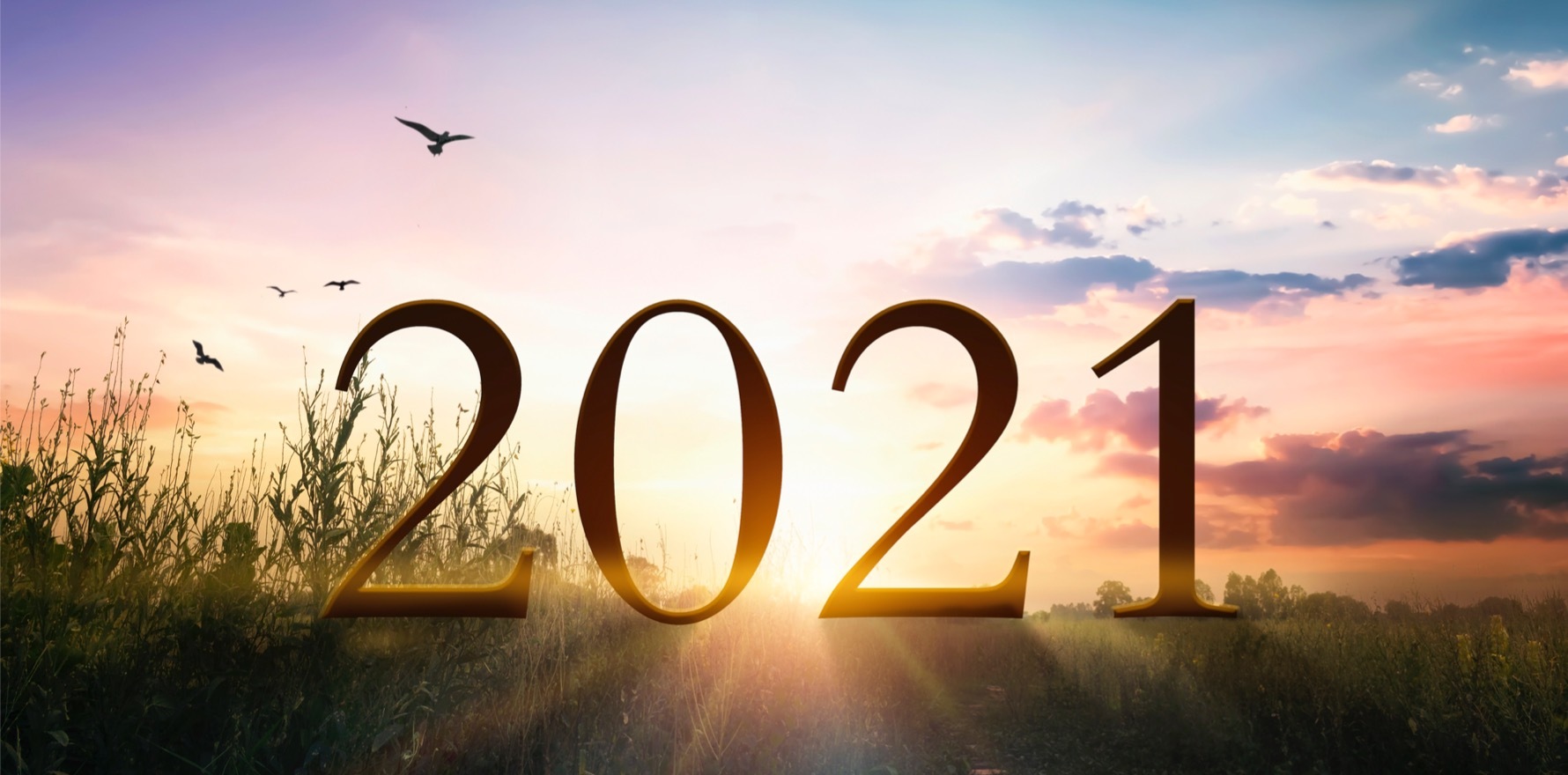A new magazine for Australian oncologists is launching this month.
I’ve never felt so much enthusiasm before around a print magazine that did not exist, a podcast with no episodes and an e-newsletter with no website.
Over the past few months, I’ve been building this magazine up from scratch by reaching out to highly connected cancer experts, blasting out emails to oncologists across the country and asking for associations and researchers to share their insights with us.
Either we’ve struck on the best idea ever, or the cancer community in Australia is very keen for ideas and knowledge to be shared as widely and as effectively as possible.
The positive energy in the cancer community and the thirst for insight is palpable.
The Medical Republic, our sister magazine for GPs, started to branch out into other specialty areas with the launch of Rheumatology Republic in 2018. Now, our publishing company is taking on the oncology field, which has its own complexities, politics and challenges.
This new editorial adventure will take us into a field with high stakes, scientific genius and hope. And we’ve got great expectations for this project.
Oncology Republic wants to get different groups talking to each other. And not just about the promising developments. We want to dive into the controversial topics – the uncomfortable realities that all patients and oncologists experience but no one ever talks about.
We’ve partnered with high-profile Australian oncologists with a range of special interests, as well as researchers, funders, patients and cancer clinics and advocacy bodies to find out what issues matter most, and what themes are rarely covered in the media.
Some topics that have come to light, which we try to explore in future editions, include: What does an oncologist say to a patient when a cancer drug could save their life, but they will have to mortgage their house to afford it? With advances in immunotherapies making previously fatal cancers survivable, how do we ensure we aren’t offering false hope? Are palliative care specialists doing enough? Why don’t we talk about the sexual function of cancer patients more? How can oncologists stop their clinics being filled with the ‘worried well’ so they can spend more time with patients suffering with incurable metastatic disease?
In the March 2021 edition, we look at the following topics: How has COVID-19 affected cancer research funding? Do faecal transplants improve immunotherapy outcomes? How might AI change oncology? Why is lung cancer such an overlooked field of research? What are some of the downsides to immunotherapy? How do we preserve fertility in paediatric cancer patients?
As with almost everyone on the planet, cancer has stolen someone from me. My father died of throat cancer five years ago.
I remember sitting by his hospital bed for days with a choice – either I could fret, or I could do something.
The only thing I know how to do is write. So, I started to slowly type my feature on the use of nanoparticles in cancer treatment. It was curiously helpful.
There is something about telling the story of cancer vs human ingenuity that lifts spirits and stirs the imagination. I hope this magazine does that for you too.
[newsletter]


